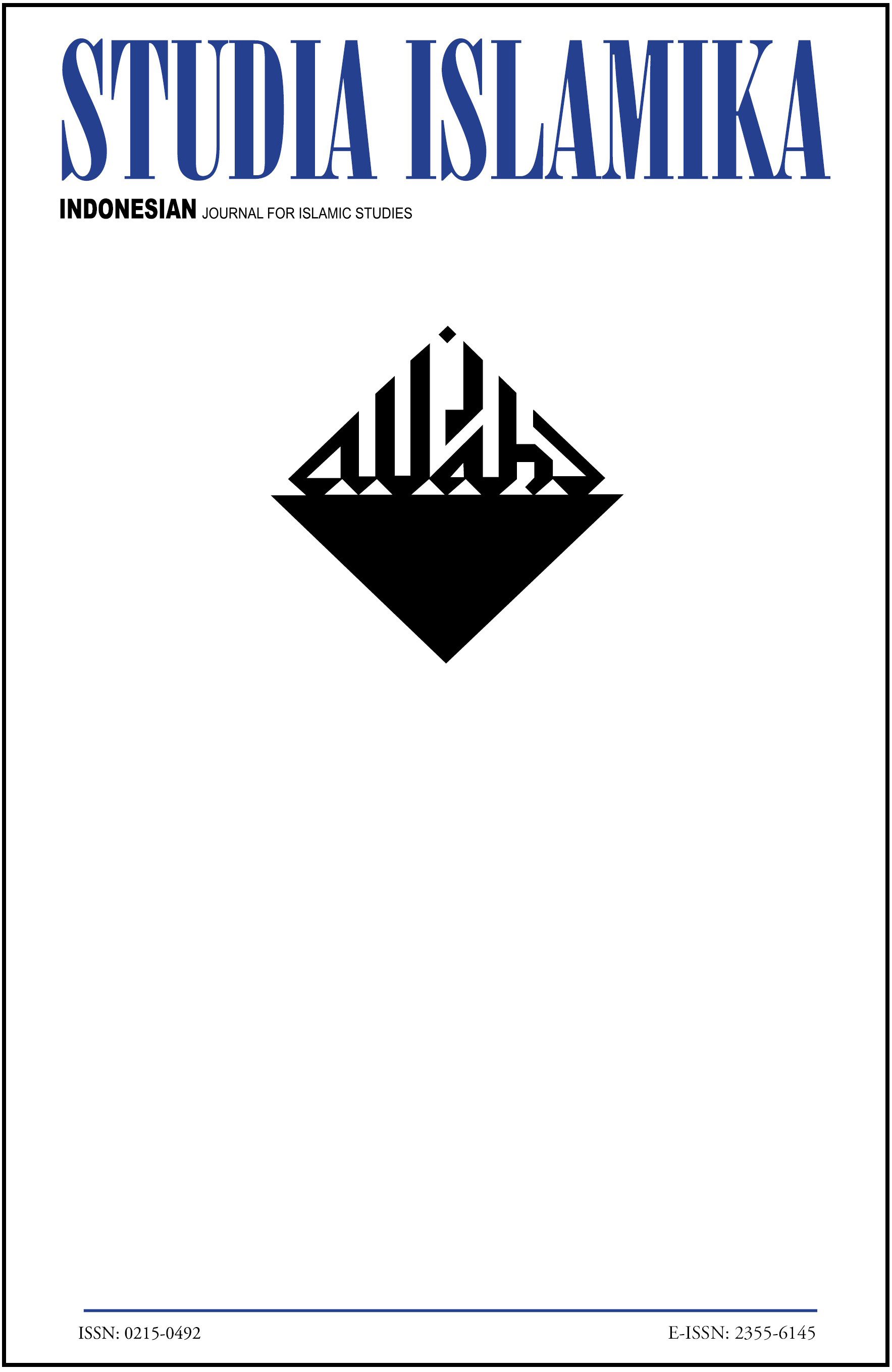Abstract
In the last two decades, violent extremism has become the center of attention for the world. The 9/11 attack in New York which devastated the World Trade Center (WTC) twin towers were a “big bang” for the violence phenomena triggered by the existence of radical religious ideas. The tragedy carried out by the al-Qaeda extremist group triggered tension in many countries which at some level it gave birth to the symptoms of a so-called called “Islamophobia”—a religious perspective that sees Islam as the estuary of violence. That dark event, then, has signaled a new chapter in the portrait of global diversity.Since then, violent extremism phenomena have been increasingly affecting the Southeast Asian region. Bali Bombing I (2002), Bali Bombing II (2005), attacks on the Ahmadiya group in Cikeusik, Banten (2011), Sunni conflicts with Shia community in Sampang, Madura (2013), burning of churches in Singkil, Aceh and burning of mosques in Tolikara, Papua (2015), the bombing on Thamrin Street, Jakarta (2016) and the suicide bombings in three churches in Surabaya (2018) have shown us that violent extremism was a bitter experience for Indonesia. This gives a gloomy representation for the essence of religious understanding that rests on the idea of raḥmatan li al-‘ālamīn—becoming a blessing for the entire universe. Also, the phenomena have alarmed us to be cautious and worry about threats on Indonesianism that upholds diversity.Authors who publish with this journal agree to the following terms:
- Authors retain copyright and grant the journal right of first publication with the work simultaneously licensed under a Creative Commons Attribution License that allows others to share the work with an acknowledgement of the work's authorship and initial publication in this journal.
- Authors are able to enter into separate, additional contractual arrangements for the non-exclusive distribution of the journal's published version of the work (e.g., post it to an institutional repository or publish it in a book), with an acknowledgement of its initial publication in this journal.
- Authors are permitted and encouraged to post their work online (e.g., in institutional repositories or on their website) prior to and during the submission process, as it can lead to productive exchanges, as well as earlier and greater citation of published work.
Downloads
Download data is not yet available.

